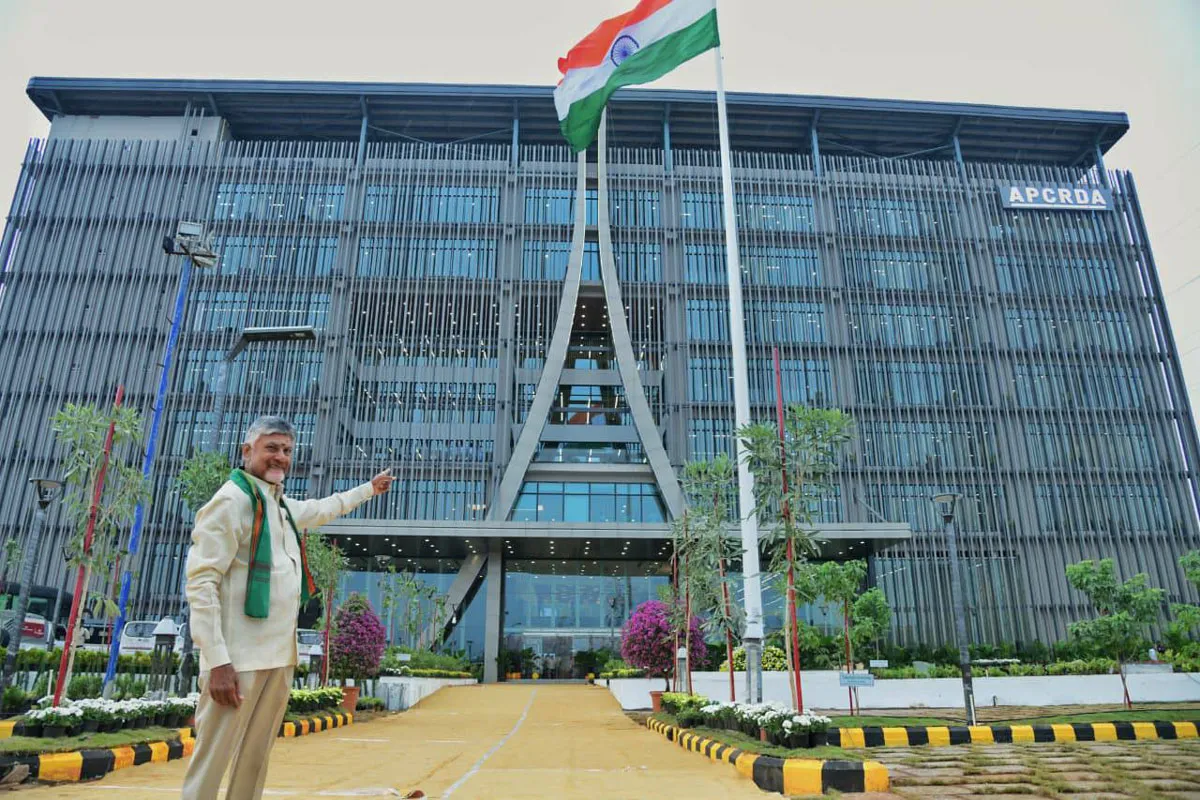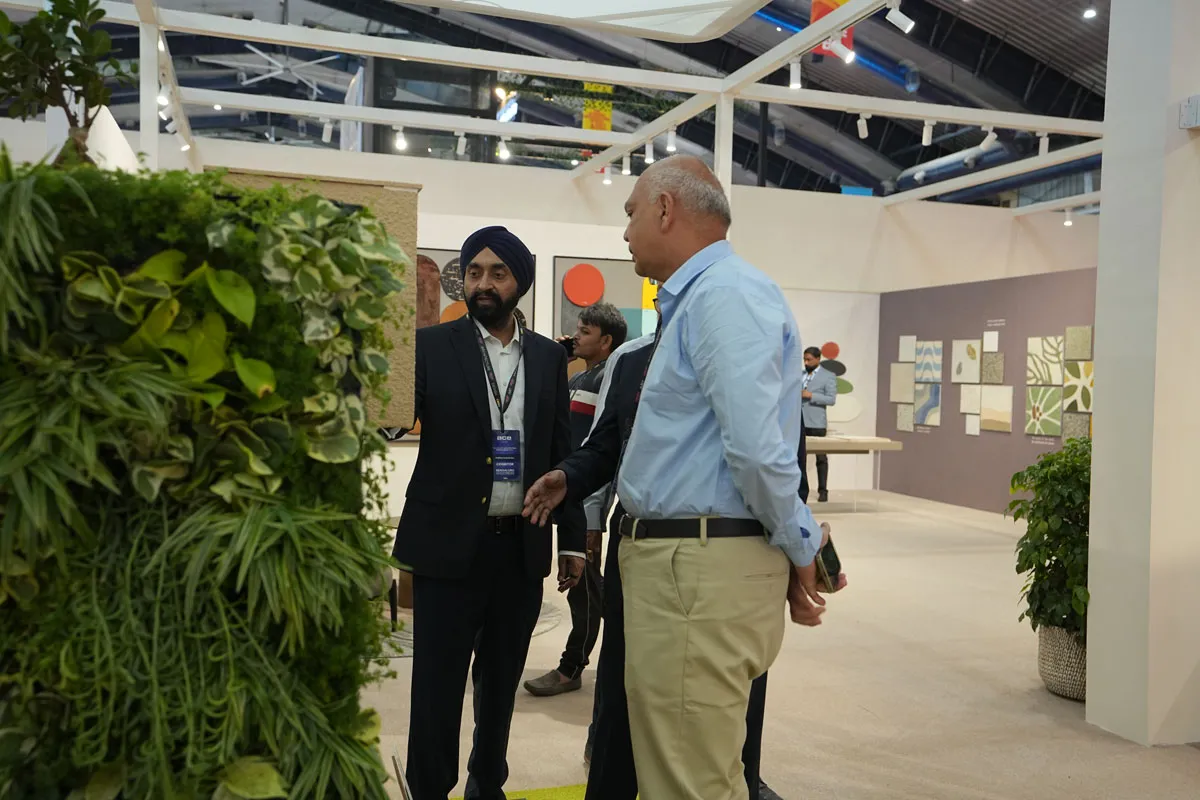
We are creating a platform for the future of skills, says Raman Roy, Chairman, NASSCOM

Designing Tomorrow: Amaravati’s Net Zero Landmark
Amaravati has achieved a defining landmark in India’s sustainable infrastructure journey with the inauguration of the APCRDA Project Office, the nation’s first government building to earn the IGBC Net Zero Energy Rating – Design Stage. Conceptualised by the Andhra Pradesh Capital Region Development Authority (APCRDA) and certified by the Indian Green Building Council (IGBC), the project exemplifies how governance, design and innovation can converge to deliver measurable environmental impact.A vision rooted in sustainabilitySet within a 4.3-acre site along the Seed Access Road in the Amar..

Pidilite Elevates Construction with PPS
Pidilite Industries introduced Pidilite Professional Solutions (PPS) — a dedicated vertical for the construction and interiors ecosystem — at ACETECH Bengaluru 2025. Designed to empower architects, developers, contractors, and interior specialists, PPS delivers comprehensive support that extends far beyond products to ensure project excellence from concept to completion. Kavinder Singh, Joint Managing Director, Pidilite Industries, noted, “At Pidilite, we believe in enabling the construction fraternity to build boldly and sustainably. With Pidilite Professional Solutions (PPS),..

Punjab, Centre Fast-Track Rajpura-Mohali Rail Line Development
The central government has fast-tracked the construction of the Rajpura-Mohali rail line to enhance connectivity in Punjab. This ambitious infrastructure project, aimed at improving transportation links between Rajpura and Mohali, has been identified as a key step in fostering regional economic growth. Union Minister for Railways, Ashwini Vaishnaw, announced the project’s acceleration during a recent assessment of the area. The rail line is expected to play a significant role in reducing travel time, promoting industrial growth, and boosting logistics efficiency in the region. The project,..
















